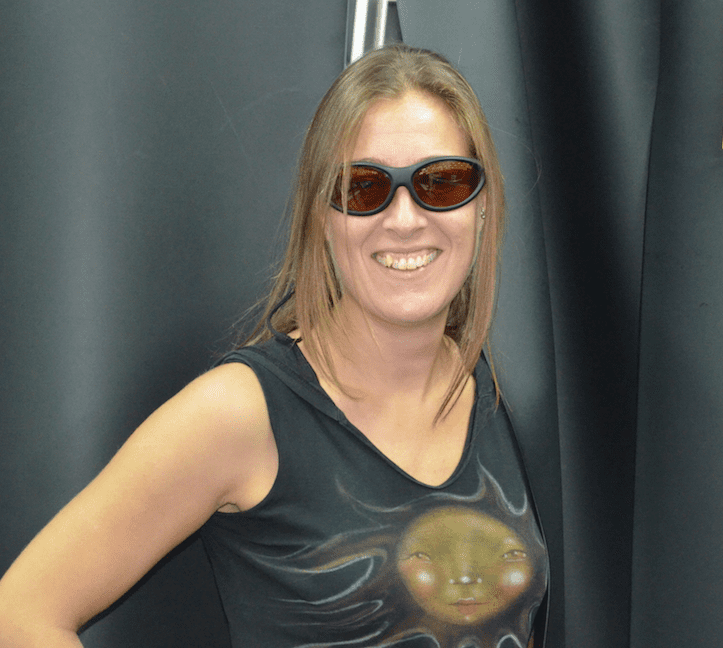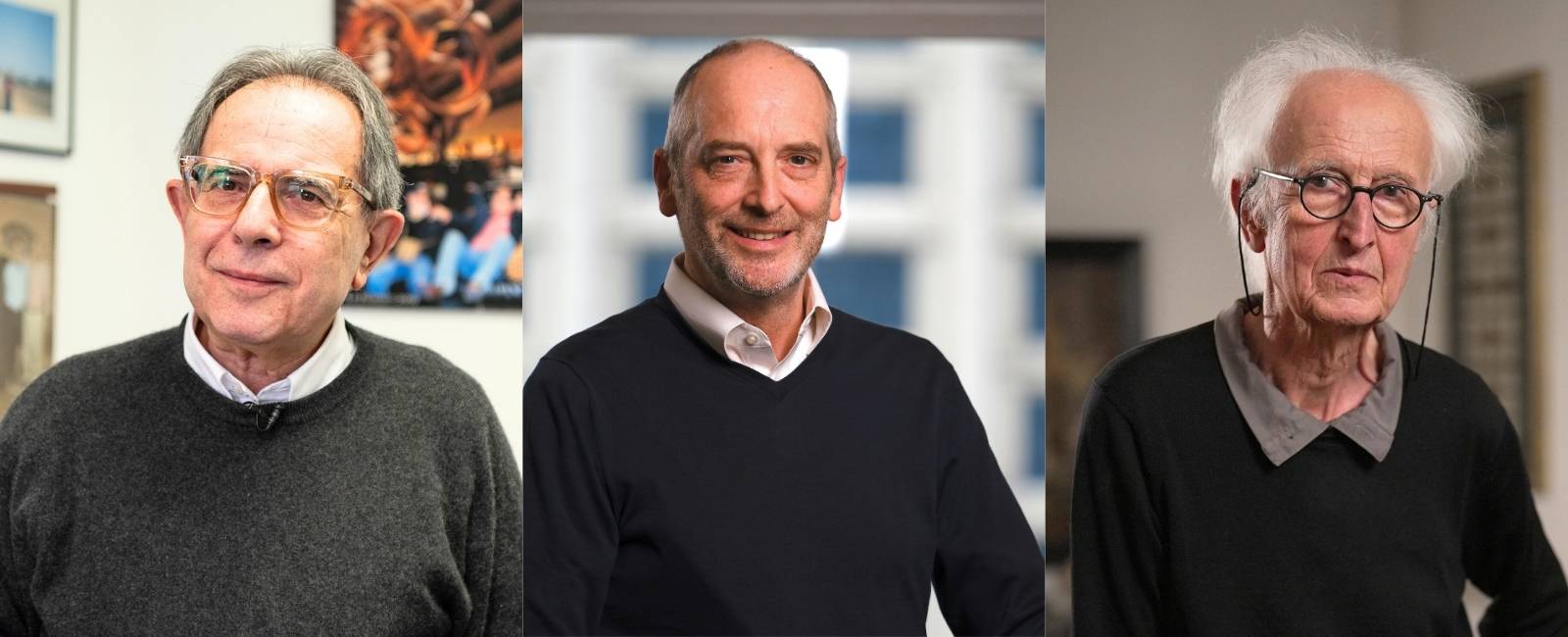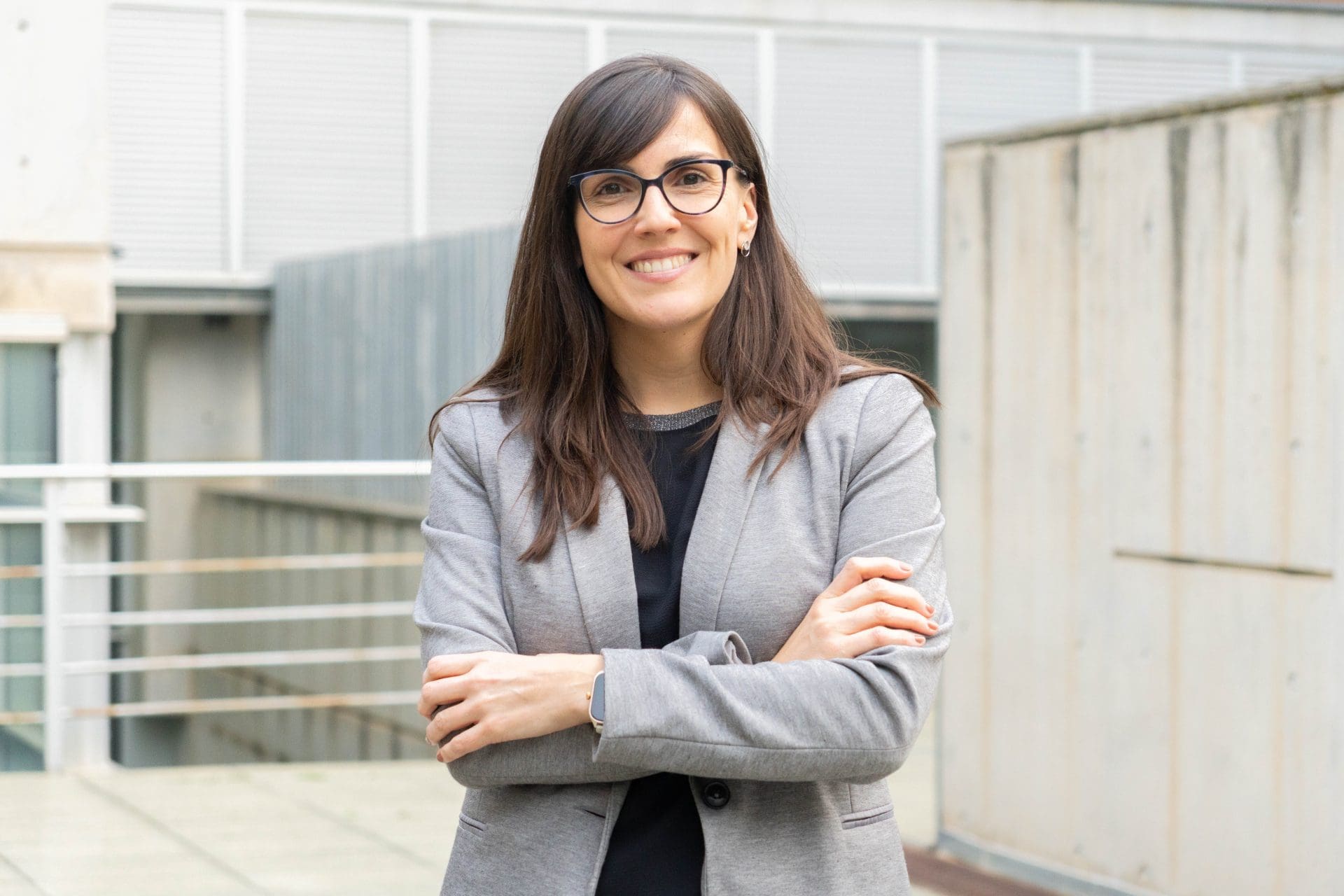Elisabet Romero joins multidisciplinary Q-SPET project
5th February 2019 – The Barcelona Institute of Science and Technology (BIST) has awarded three outstanding multidisciplinary projects within the BIST Community with grants to continue developing the projects initiated with the BIST Ignite Programme. One of the awarded projects, Quantum-controlled Single Protein Electron Transport (Q-SPET), is led by Pau Gorostiza from IBEC, Niek F. van Hulst form ICFO, and Elisabet Romero from ICIQ.
The Q-SPET project will use complementary approaches to study the role of quantum effects in the proteins responsible for transforming sunlight into chemical energy. The scientists will study both natural proteins, isolated directly from plants, and artificial proteins, specifically designed and constructed by the Q-SPET team. The combination of sophisticated ultrafast spectroscopy techniques with high sensitivity photocurrent recordings to measure electron transport at the single molecule level will allow the exploration of the light-to-charge conversion in proteins with unprecedented detail.
With a common interest in biological systems, the joining of forces with such different and powerful methodologies is sure to spark excitement, mutual learning and cross-fertilization between the laboratories. “This collaboration is crucial because it will allow us not only to better understand the role of quantum mechanics in biological function but also to develop a new generation of quantum devices, the technology of the future,” concludes Elisabet Romero.
Related news

Let's create a brighter future
Join our team to work with renowned researchers, tackle groundbreaking
projects and contribute to meaningful scientific advancements







 27-03-2025
27-03-2025 















